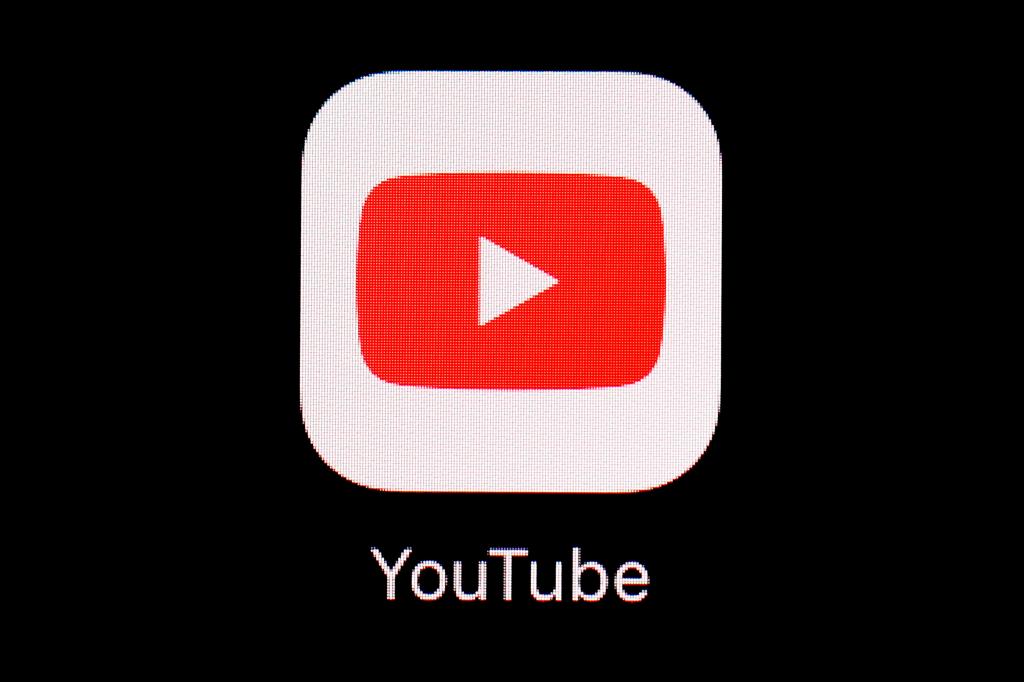By Michael Lietke
Wednesday YouTube will begin testing a new ageing system in the United States, which relies on artificial intelligence to distinguish between adults and minors based on the type of video they are watching.
Initially, this test only affects slivers of YouTube audiences in the US, but it will be wider if the system works when guessing the age of viewers as well as in other parts of the world. The system only works if the viewer is logged in to your account and will perform an age rating regardless of the date of birth that the user enters when signing up.
If the system flags the login viewer as under the age of 18, YouTube imposes the usual controls and restrictions that the site already uses to prevent minors from watching videos or engaging in other behaviors deemed inappropriate for their age.
Safeguards include reminders for taking a break from the screen, privacy warnings, and restrictions on video recommendations. YouTube, which has been owned by Google for nearly 20 years, does not even show ads tailored to individual preferences if the viewer is under the age of 18.
If the system incorrectly calls viewers as minors, you can correct the mistake by displaying government-issued identification cards, credit cards, or selfies on YouTube.
“YouTube is one of the first platforms to provide experiences specifically designed for young people, and we are proud to be able to implement technology that can provide safety while maintaining teenage privacy.”
People can still watch YouTube videos without logging in to their account, but when they appear that way, they will trigger an auto-block on some content without proof of age.
Political pressure is based on the website to do a better job of verifying age to protect children from inappropriate content since late June, when the U.S. Supreme Court upheld Texas law aimed at preventing minors from watching porn online.
Some services, such as YouTube, have stepped up efforts to verify the age of users, while others argue that they should primarily be responsible for two major smartphone app stores run by Apple and Google.
Some digital rights groups, such as the Electronic Frontier Foundation and the Center for Democracy, raised concerns that age verification could infringe individual privacy and violate the First Amendment Protection for Free Speech.
Original issue: August 12, 2025 8:35am EDT

